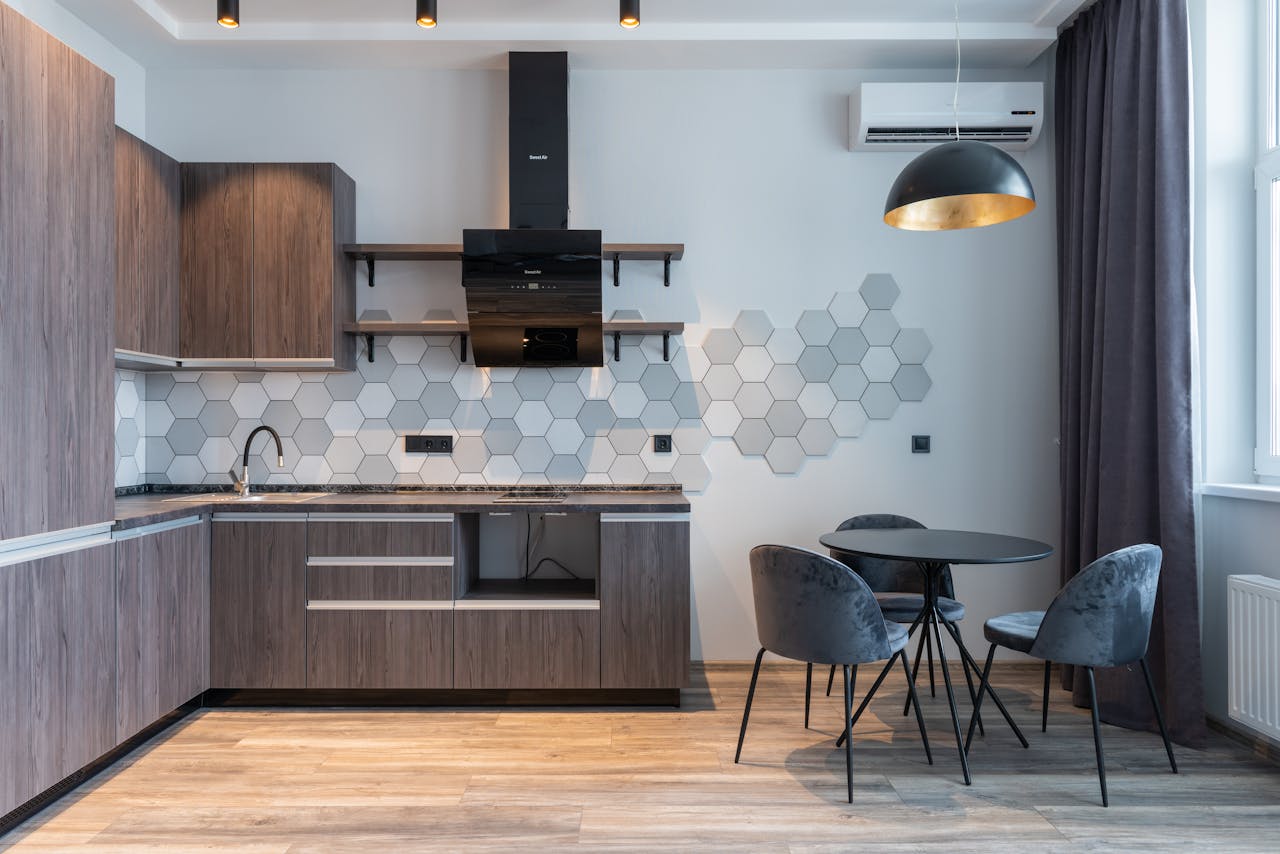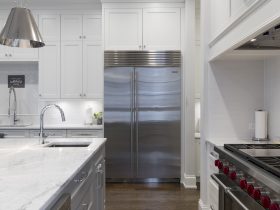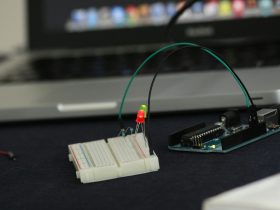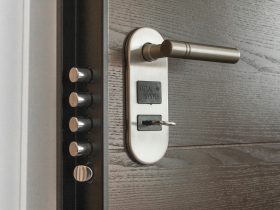Table of Contents
- The Importance of Thermal Comfort
- Modern HVAC Technologies
- Energy-Saving Tips for Homeowners
- Improving Indoor Air Quality
- Regular Maintenance Tips
- Smart Home Integration
- Financial Considerations of Updating Your HVAC System
- Finding Reliable Service Providers
The Importance of Thermal Comfort
When it comes to providing a healthy and productive environment, thermal comfort matters. Research has demonstrated that indoor temperature has significant effects on physical health, cognitive function and well-being; and when our body feels uncomfortable, it puts additional stress on the body and can lead to decreased concentration and work performance. It is therefore vital to ensure good indoor temperature conditions in a building to support the activities conducted therein; especially during hot and cold weather when the human body is most stressed. A building that is too hot or too cold will cause hypothermia or heat-stroke which could be fatal. Hence the need for proper climate control. Homeowners can create environments that foster comfort and health by ensuring extra air conditioning and heating systems, enabling individuals to thrive physically and mentally.
Modern HVAC Technologies
Modern HVAC technology has brought us more efficient and environmentally friendly options for heating and cooling homes. Variable refrigerant flow (VRF) systems and geothermal heat pumps both outperform older systems. VRF systems efficiently distribute heating and cooling by variable-flow refrigerant to different areas, each with its own indoor unit providing comfort and optimized energy efficiency. Geothermal heat pumps use the relatively constant ground temperature to provide heating to our remarkable homes, using far less fossil fuel. Both types of systems reduce energy use while delivering modulated temperature control for improved home comfort and sustainability. Ductless mini-split systems are efficient and versatile for non-ducted homes. Modern HVAC solutions are available for most every homeowner.
Energy-Saving Tips for Homeowners
- Use programmable thermostats to minimize energy use when you are away from home. Set temperatures to adjust automatically, ensuring comfort when needed and conservation when not.
- Seal and insulate your home effectively to prevent heat loss or gain. Proper insulation and sealing gaps can reduce the workload on your HVAC system, leading to significant energy savings.
- Consider shading devices or energy-efficient windows to keep your home cool during the summer. Using window treatments, such as blinds or reflective films, can block out heat, reducing the need for air conditioning.
Improving Indoor Air Quality
Good indoor air quality is essential for a healthy home. Simple adjustments like using a high-efficiency particulate air filter (HEPA), and maintaining adequate ventilation can improve indoor air quality. HEPA filters help remove many particles in the air like dust, pollen, and other allergens that may aggravate respiratory conditions. According to the EPA, maintaining good indoor air quality reduces the risk of respiratory health problems and can also enhance overall well-being. Other elements like adding some houseplants, annual duct cleaning, and air purifiers help keep your home’s air quality at a level that makes it enjoyable to breathe and safer to live in.
Regular Maintenance Tips
Your HVAC system requires regular maintenance to stay in good shape. Annual professional tune-ups are recommended to ensure all parts of your system are operating at optimal levels. Change your filters often, every 1-3 months depending on how often you use your system and which filter you use, clean filters mean better airflow and a more efficient system. Don’t forget about your outdoor units, debris accumulation can weaken the system efficiency and cause unnecessary stress and wear on the equipment. Extending the life of your HVAC system and maintaining it at 100% efficiency will save you on energy costs and improve the performance of your system overall. We recommend purchasing a maintenance plan from trustworthy providers, they can often catch small problems before they become big repairs and provide you with steady comfort in your home.
Smart Home Integration
There are many ways that connecting your HVAC system to smart home devices can lead to energy savings and improved comfort. Smart thermostats are designed to learn your habits and adjust the temperature automatically, offering a painless user experience and optimized energy efficiency. Users can adjust settings remotely with smartphone apps. Smart sensors can deliver immediate data to help you monitor conditions and manage the climate in your home. Voice assistant integrations can make it as easy as saying your command to heat or cool your home, giving you complete control of your HVAC system with zero physical effort.
Financial Considerations of Updating Your HVAC System
There’s no doubt that replacing your HVAC system will involve some upfront cost, but it can also increase your home’s value and save you in energy costs for years to come. If you consider the monthly savings on your utility bills from a new, energy-efficient system, it can actually pay for itself over time. Plus, there may be other rebates and incentives that can help cover the cost of replacing your HVAC system. For example, many utility companies offer rebates for installing a new high-efficiency system, and there are also government programs which can provide credits to help with the cost. When considering a new HVAC system, it’s important to look past just the price. Work with an expert who can help you determine which system will best benefit your home, keep it comfortable, and fit your budget.
Finding Reliable Service Providers
Choosing a reliable service provider for your heating and cooling needs is crucial. Look for providers with good reviews, appropriate certifications, and comprehensive service offerings. Personal recommendations from friends or family can provide trustworthy insights. Independent review sites and industry organizations, such as the Better Business Bureau, can also be valuable resources when choosing. Ensuring your service provider has experience with your home’s specific systems and technologies can lead to better service and maintenance outcomes. Conducting thorough research and selecting a reputable service provider can ensure your HVAC system remains efficient and reliable for years.








Leave a Reply